However, the elections will be held among massive social confusion and ambiguity: the candidates need not only win the loyalty of people, they must also be recognized by the Taliban, the main opposition force in the country.
Without question, the coming presidential election will be one of the most important events for the people of Afghanistan. Despite the fact that the country has been trying for a long time to hold the peace talks with the Taliban, the country’s problems with security and ongoing economic crisis are at their most critical points within the last 18 years.
The elections were to be held shortly after negotiations between the United States and Taliban representatives in Qatar have ended, while the text of the agreement (which should reduce the level of violence in the country and provide an opportunity for the warring sides of the intra-Afghan conflict to sit at the negotiating table) is still awaiting the signature of Donald Trump. Because of an expected deal between the US and the Taliban, it was expected that the elections would be heavily delayed, or that the negotiations would result in an Afghan provisional government being formed without them.
The Taliban does not recognize the current Afghan government and is strongly opposed to holding talks with them. They have repeatedly stated that the current government is a puppet of the West and is therefore not eligible to participate in any negotiations about Afghanistan’s destiny.
The international community (which is largely responsible for financing the organization of the elections in Afghanistan), is worried about the deal with the Taliban because, if the warring sides are able to reach a peace agreement, the money they will have to spend on the next election will be enormous. The government has already spent $159 million conducting the initial presidential polls, including providing security and controlling the transparency of elections.
THE MAIN CANDIDATES
Mohammad Ashraf Ghani, the current president of Afghanistan and an ethnic Pashtun, will be running for re-election. The slogan of his presidential campaign is “Dawlat Saaz” (State Builder). Ghani has tried to form a new political circle around himself, mainly among the new generation of Afghanis. He also banks upon support of a part of the population dissatisfied with the leaders of the “Mujahideen,” who came to prominence via US backing in the 80s and 90s.
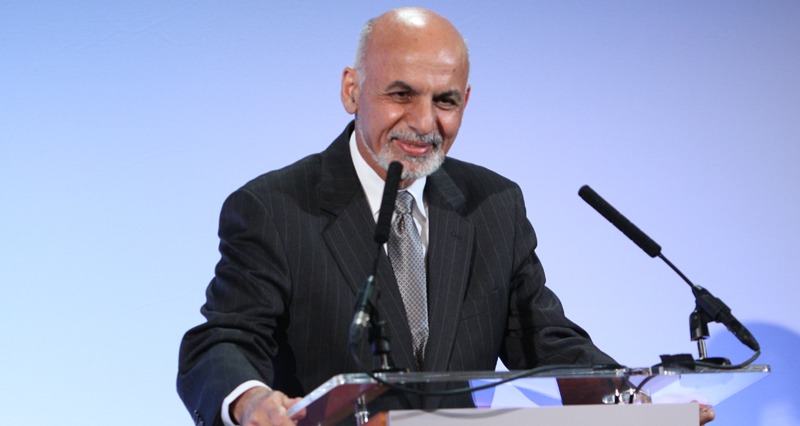
Abdullah Abdullah is Afghanistan’s chief executive officer, and an ethnic Tajik. The main leaders of the non-Pashtun ethnic group (the Hazaras and Uzbeks) strongly support Abdullah. He counts on the support “Mujahideen” too. The motto of his election campaign is “the Team of Stability and Partnership.”
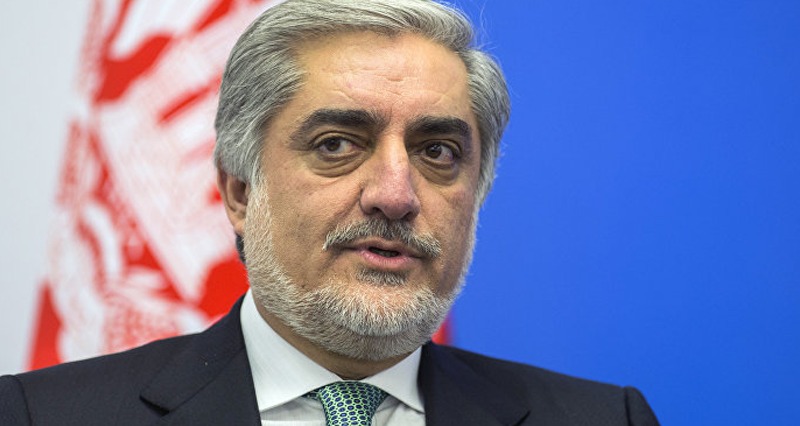
Gulbuddin Hekmatyar is the leader of the Islamic Party of Afghanistan, which has been acting as an armed militant group for the last 20 years. He is also known as the “butcher of Kabul” because he was charged with the killings of thousands of civilians in Kabul during the Afghan Civil War in the 1990s. In 2016, the IPA leader signed a peace agreement with the Afghan government, returning to the political scene in May 2017 after spending two decades in hiding.
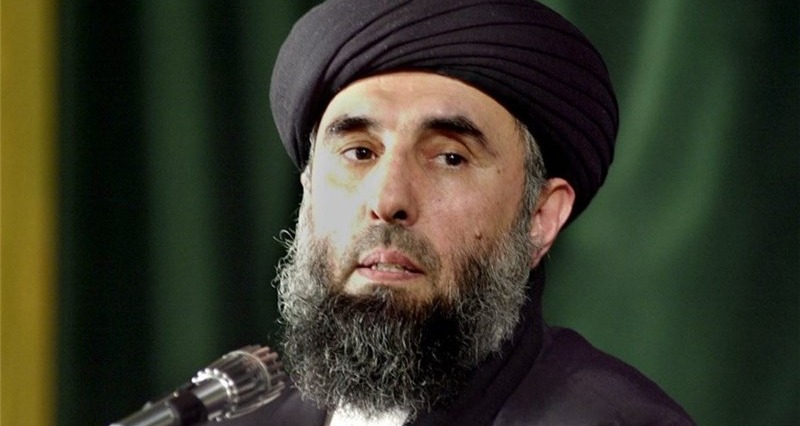
THE MAIN CHALLENGES
The current president of Afghanistan, Ashraf Ghani, has repeatedly insisted on holding the presidential elections. The date of the presidential elections was uncertain until Donald Trump unexpectedly tweeted that he had canceled negotiations with the Taliban, after which Ghani quickly launched his re-election campaign.
Many of Ghani’s political opponents have said that the presidential elections would not take place at all because a deal with the Taliban would be struck. However, as a result of Donald Trump’s decision, the political game has changed dramatically. At the same time, Ghani is calling the fact that the presidential elections are being held at all a personal victory and a big achievement.
The previous elections of 2014 were scandalous, not only for Afghanistan, but also for the international community. The 2014 elections were essentially a political farce, the final ballots only being counted 8 months later.
The preliminary results of the previous elections were announced by an Independent Election Commission on April 26, 2014, with Ghani being declared the winner. However, his opponent, Abdullah, did not accept his defeat and insisted on a recount of votes, calling Ghani’s victory fraudulent. As a result of intervention by US Secretary John Kerry, the divisions between the two candidates were resolved. With Kerry’s assistance, a National unity government was formed headed by Abdullah as Chief Executive of the Islamic Republic of Afghanistan.
Internal disagreements and an unspoken struggle for power between these two politicians have been ongoing over the past five years, perhaps even worse than before. The withdrawal of foreign troops and the outflow of foreign investments lead to degradation of the economic and humanitarian situation.
The main challenge of the coming elections will be ensuring their transparency. There is no guarantee that the elections will not result in a full-on crisis, or that one of the opposing candidates will not contest the results.
Last time, Abdullah accused Ghani of abusing his position and using government resources for his personal campaign. There is no certainty that the same thing will not happen again.
However, Ghani says that he is not worried about the elections being fraudulent: he is convinced that in the first round of voting he will gain the necessary number of votes, which will allow him to stay president for the next 5 years.
Another challenge for the election process is the serious security issues facing the country as a whole. At the end of 2018, the US Special Inspectorate for Reconstruction of Afghanistan (SIGAR) published a report stating that the Afghan government controls only 65% of the country’s territory, making it hard for those outside of the areas under government control to gain access to the voting booth.
The Taliban and other rebel groups regularly attack the capital and other major cities of Afghanistan. Recently, they conducted attacks against three cities in northern Afghanistan. Not only does the Afghan government does not control the entire territory of the country, but even in the regions they do ostensibly control there is a high risk of terrorist attacks. This factor could have a huge impact on the voter turnout.
At the same time, Khushhal Sadat, deputy head of the Ministry of Internal Affairs of Afghanistan, claims that his department is fully ready to ensure security during the elections for the entire country.
FORECAST
President Ghani and an Afghanistan’s chief executive officer Dr. Abdullah have the highest chances to win the elections.
Ghani, with his advanced academic ability, charisma and network of support he has built over the last five years, is most likely to be declared the winner. However, his weakness is his inability to create a united front within Afghan society. Over the past five years, he made many friends, but also lost the support of numerous influential political figures who had previously supported him.
Abdullah Abdullah is a balanced politician who is strongly charismatic. He has managed to enlist the support of the most influential parties among the non-Pashtun ethnic groups in Afghanistan. He is supported by the leaders of the Afghan Uzbeks and two influential Hazara clans. However, his political Achilles’ heel is the dissatisfaction many of his supporters feel with the fact that he could not defend his rights during the 2014 presidential rally, and that he ultimately accepted Ghani’s presidency and a coalition government.
Abdullah is calling for a system of government in which the president will not perform all of the functions of the executive branch. He is a supporter of a parliamentary republic. In his opinion, striving for a multinational Afghan society may be one of the ways to obtain national unity, saving the country from internal problems and external challenges.
Ghani believes that the situation in Afghanistan requires strong centralized power which should be concentrated exclusively in the hands of one person – the president. He opposes the creation of a parliamentary republic.
However, according to the constitution, the decision to change the political system is within the competence of the Great Council (Loya Jirga), consisting of elders of ethnic and tribal groups.
Gulbuddin Hekmatyar, the leader of the Islamic Party of Afghanistan, which made peace with the Afghan government two years ago, is popular only among radical Islamic groups. His chances of winning the elections are slim.







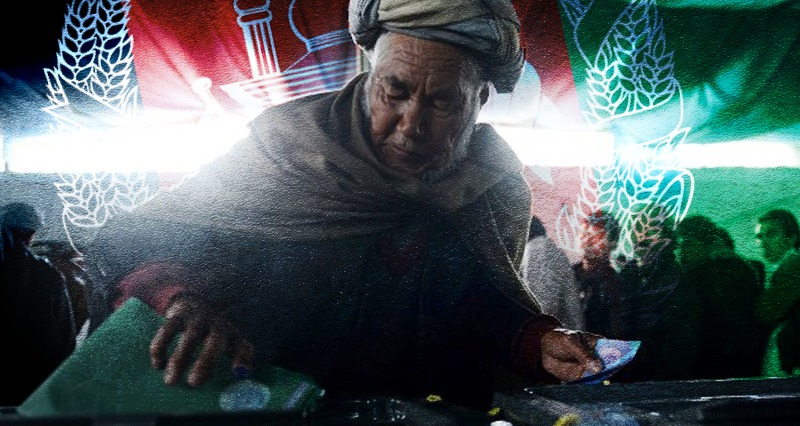




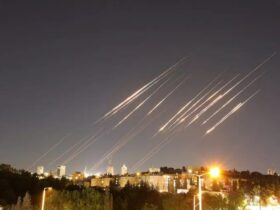
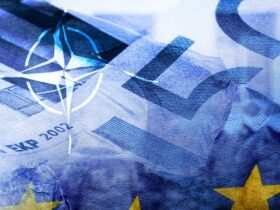
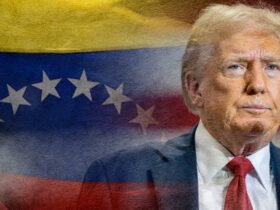


Leave a Reply